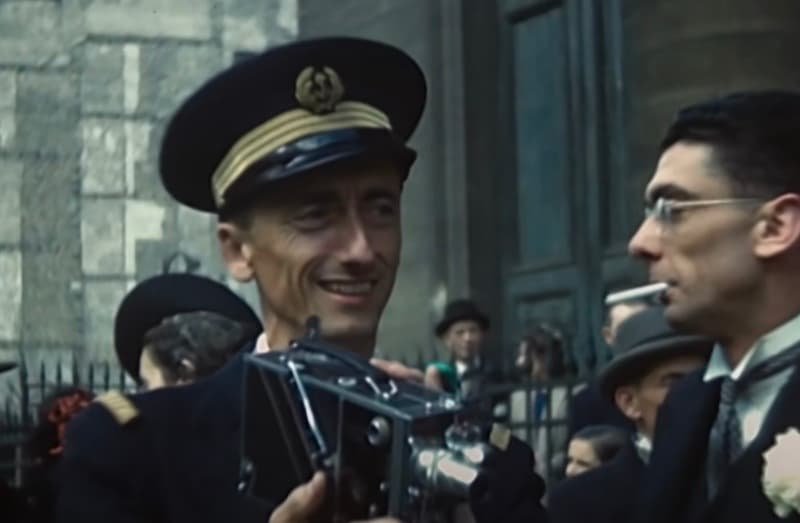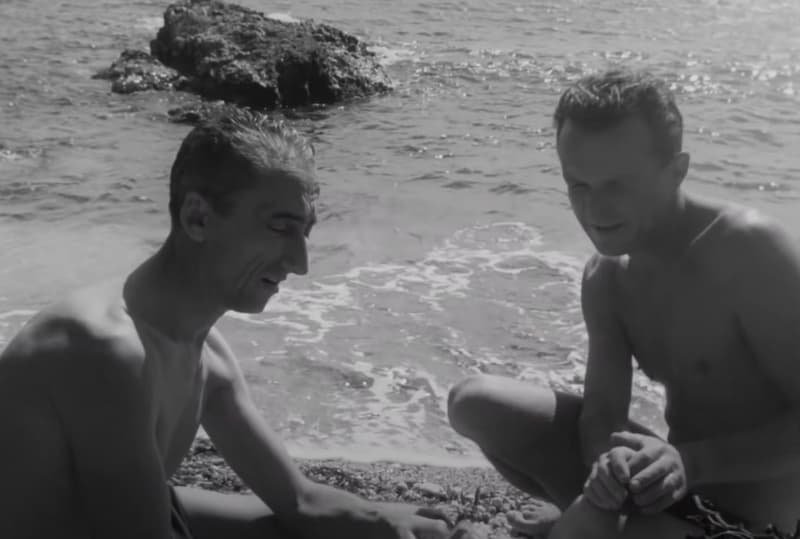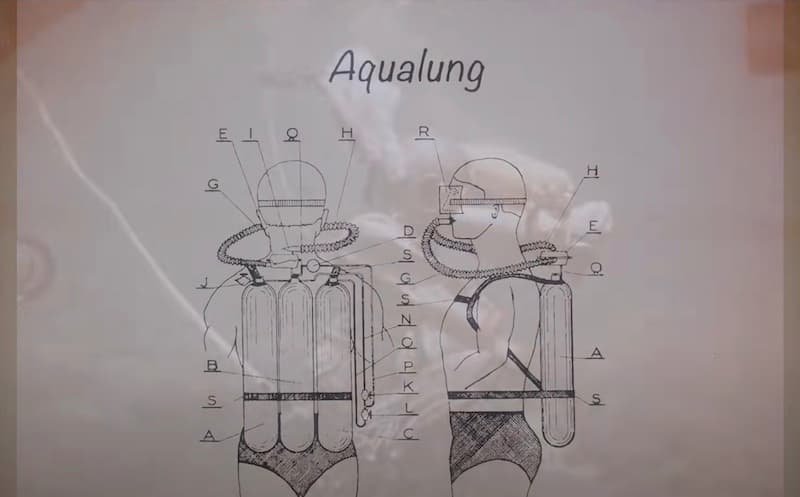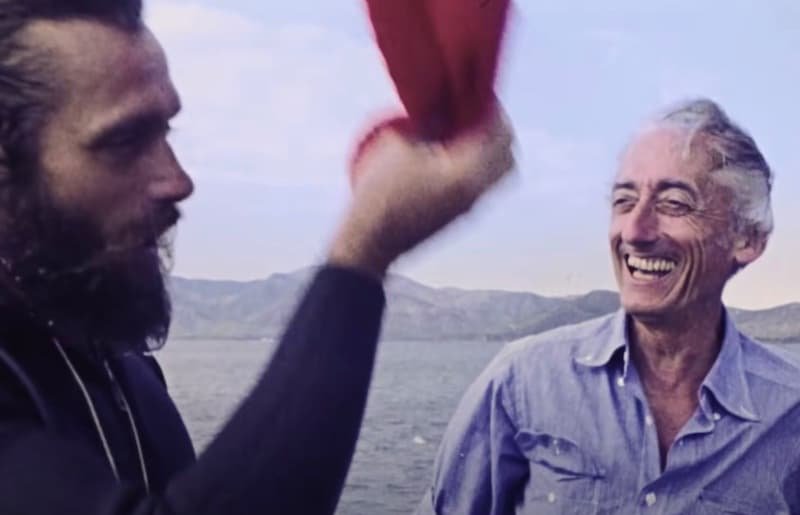
 Roni Essex
Freediver, Spearo, Creator
Roni Essex
Freediver, Spearo, Creator

 Roni Essex
Freediver, Spearo, Creator
Roni Essex
Freediver, Spearo, Creator
Jacques Cousteau, a name synonymous with underwater exploration, marine conservation, and cinematic marvels, had a journey that began not in the depths of the ocean but with a fateful car accident. This pivotal event in 1936 would set him on a path that transformed personal tragedy into a legacy of innovation, adventure, and environmental advocacy.
Cousteau's early life was marked by a profound connection with the sea. Born in 1910 in Saint-André-de-Cubzac, France, his fascination with the ocean was evident from a young age. Cousteau joined the French Naval Academy, where he began to nurture his love for exploration. The turning point came in 1936 when tragedy struck. While driving in Paris, Cousteau was involved in a car accident that left him with multiple fractures, including both arms. The young naval officer, facing a challenging road to recovery, was introduced to an unexpected source of solace - the water.

During his rehabilitation, swimming became an integral part of Cousteau's recovery. The buoyancy of the water provided a reprieve for his injured limbs, and what started as a therapeutic exercise soon ignited a passion for the underwater world. As Cousteau spent more time immersed in the sea, his fascination deepened. The underwater environment became a sanctuary, a place of solace and wonder that offered respite from the challenges on the surface. It was during this period of convalescence that Cousteau, buoyed by the healing power of the ocean, decided to explore it in greater depth.

Cousteau's exploration journey took a groundbreaking turn when he collaborated with engineer Émile Gagnan to develop the Aqua-Lung in 1943. This invention revolutionized underwater exploration by providing divers with the ability to breathe underwater independently, without being tethered to the surface. The Aqua-Lung marked the birth of scuba diving as we know it today. Freed from the constraints of surface dependence, Cousteau and his team embarked on daring expeditions into the deep, capturing the mysteries of the ocean on film and pushing the boundaries of human exploration. The underwater world, once an escape from physical pain, now became a canvas for scientific discovery and cinematic brilliance.

Fuelled by a newfound freedom beneath the waves, Cousteau delved into the world of filmmaking. His first documentary, "18 Meters Deep," showcased the mesmerizing beauty of the underwater realm and laid the foundation for a prolific cinematic career. Capturing the underwater world on film was no small feat in the mid-20th century. Technological limitations and the uncharted nature of underwater cinematography posed numerous challenges. However, Cousteau's determination and innovation prevailed. His documentaries not only enthralled audiences but also played a crucial role in shaping public perceptions about the ocean and its inhabitants.

As Cousteau's underwater adventures unfolded, so did his awareness of the fragility of marine ecosystems. His initial fascination with exploration transformed into a passionate commitment to environmental conservation. Cousteau co-founded the Cousteau Society in 1973, dedicated to protecting ocean environments and fostering a deep respect for the seas. His documentaries evolved from exploration narratives to powerful advocacy tools, shining a light on the urgent need to preserve and protect our oceans.